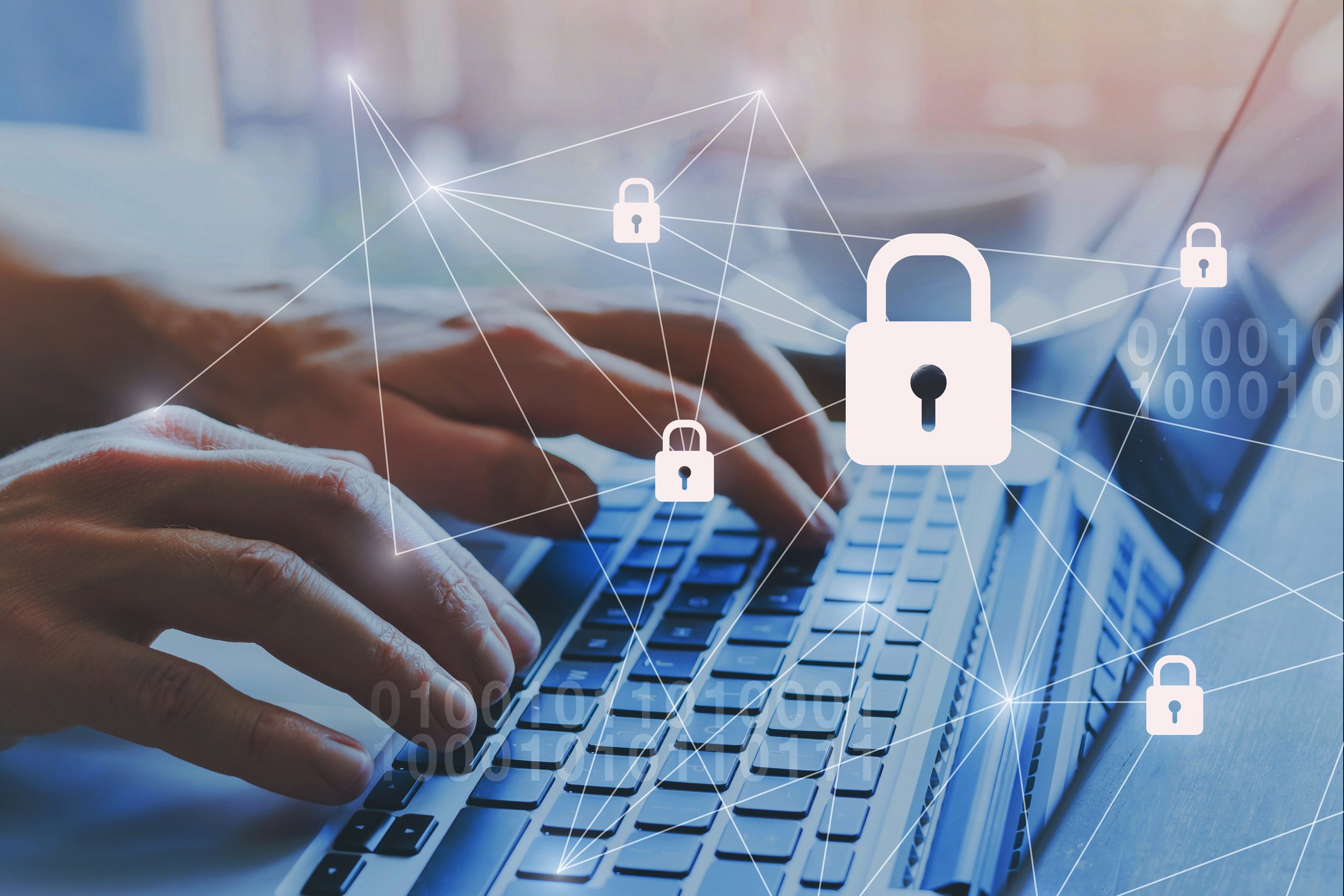
Our Commitment to Security
End-to-end, our solutions are built for use in the most security-conscious industries.
Here’s how we protect your data.
Mixed Reality and Security
While mixed reality tools present organizations with unique opportunities, they also present new challenges. The hardware needed to run MR applications requires either cameras, spatial computing sensors, or both. For industries that operate in security-sensitive environments, ensuring mixed reality tools have robust and complete security infrastructure is critical.

Cybersecurity First
From our internal IT infrastructure to product security architecture, to RemoteSpark’s network flexibility, we work diligently to protect your data and comply with your data governance policies. Kognitiv Spark is both a Cyber Essentials UK and Cybersecure Canada certified company. Learn more about how we guard and protect your data.
We Take Your Data Seriously
We’ve made the most secure and reliable mixed reality tool for deskless workers on the market to ensure that your workforce remains connected when they need it most.
RemoteSpark’s Security Architecture
RemoteSpark was designed for use in data-conscious industries like defence and energy production. The platform’s security architecture can be divided into two categories.
RemoteSpark Client Layers of Security
-
It’s recommended that the Windows 10/11 PC and HoloLens hosting the RemoteSpark Client has BitLocker enabled to enforce full-disk encryption.
-
It’s recommended that the device requires authentication by Azure Active Directory (AAD). Two-factor authentication can be enforced, as well as organizational password policies. To authenticate into the RemoteSpark application, an AAD or RemoteSpark account is also required. Windows Hello support is offered for HoloLens 2 devices.
-
The RemoteSpark Client Application is verified by Microsoft for security and quality issues before being available in the Microsoft Store.
-
All network activity between the client/server, and peer to peer (video calls) are always encrypted.
RemoteSpark Server Security Architecture
-
The RemoteSpark Server system runs either in the Microsoft Azure Cloud or a sub-set of the system can be run on the customer’s premise using Azure Stack or Windows Server. Azure has over 70 security certifications.
-
The system is protected by the layers of Azure Firewalls and other network protection systems. Activity is logged for security and performance monitoring. When defined thresholds are reached, Kognitiv Spark is alerted of the anomaly and action initiated. When running on On-Premise, the logging and alerts will need to be designed and monitored by the customer’s On-Premise staff.
-
The RemoteSpark Server Services is a collection of application tiers developed by Kognitiv Spark to support the RemoteSpark Client. Developers do not have access to production systems.
-
All content stored and generated by RemoteSpark is stored on Azure Storage and is encrypted at rest and transmitted via TLS 1.2. The files are encrypted with 256-bit AES and the service is FIPS 140 – 2 compliant.
-
The data storage used by RemoteSpark is encrypted at rest. Only the RemoteSpark Server can access the data on behalf of the client and it has no access to the public Internet.
-
These servers facilitate the audio/video call. They help determine if the video call can be directly connected between two peers or needs to be relayed through the TURN server. 90% of all video calls are connected directly and the video and audio do not go through any Microsoft or Kognitiv Spark servers. When a call requires a TURN server, the video signal is not stored at any time and the encryption/decryption keys are not accessible by the TURN server, so the TURN server is only a relay of encrypted data.





